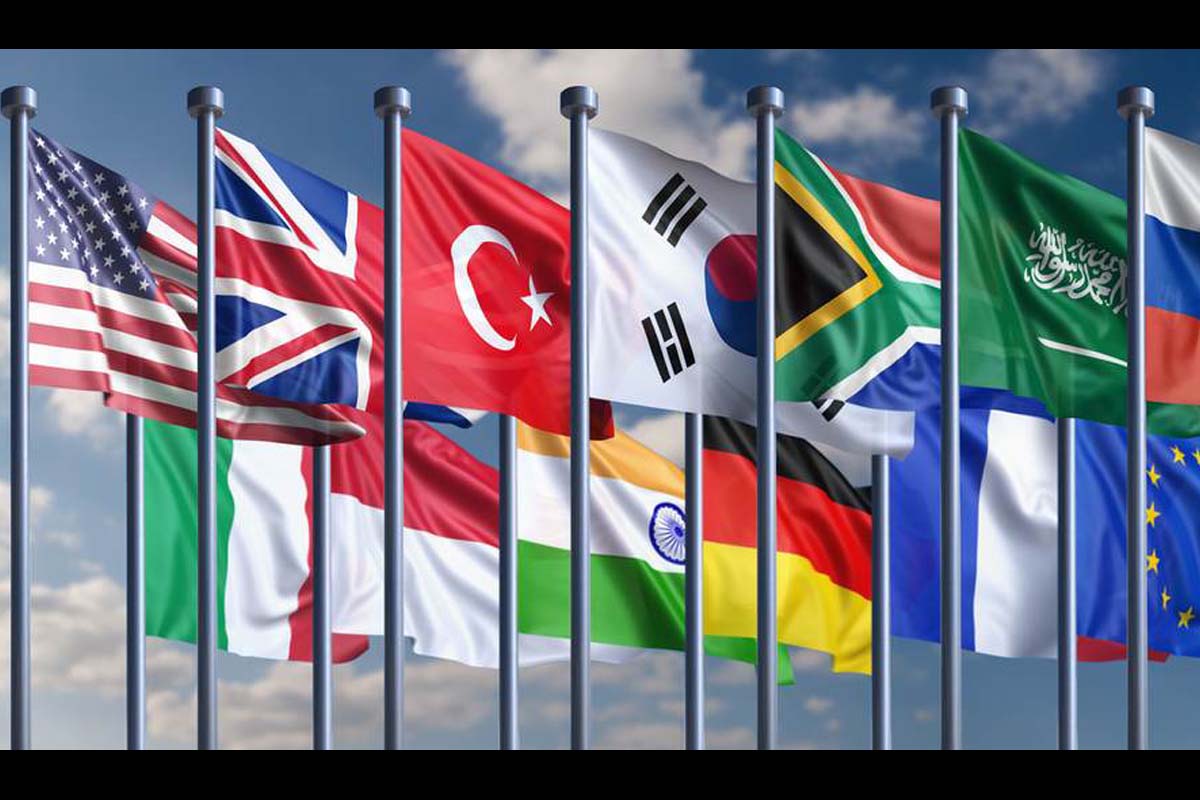Albania joins SEPA, paving way for EU integration
Albania officially became a member of the Single Euro Payment Area (SEPA) on November 21, 2024, the Bank of Albania (BoA) has announced.
The EU has been challenged by Donald Trump’s trade confrontations not the least because the reprisal against China can have its effect generally.

European Union (Getty Images)
The Franco-German confrontation, which was once a striking feature of Europe, has over time given way to an axis between the two countries, one that was bolstered on Friday with the announcement of key appointments to the European Commission.
In effect, Theresa May and either Boris Johnson or Jeremy Hunt will have to deal with a new team in Brussels, chiefly helmed by a new EC president, Ursula von der Leyen, a Christian Democrat and currently Germany’s defence minister. The Belgian prime minister, Charles Michel, replaces Donald Tusk as president of the European Council ~ an office that has played a pivotal role in the Brexit negotiations. Christine Lagarde, the head of IMF, will now helm the European Central Bank (ECB). Spain’s foreign minister, Josep Borrell, will be the “high representative”, socalled, for foreign affairs. The first striking feature must be that two of the top four are women and this is expected to redress a gender imbalance in the institutions of the European Union. The other is the domination of the western side of the continent. Yet another is the revival of “old Europe”, which has now been formalised with its grip on institutions and to the exclusion of countries that integrated later. There is already a cultural divide between what historians regard as “early adopters” of the idea of Europe and later entrants, who are more suspicious of integration. Ms Von der Leyen’s appointment as head of the European Commission and Ms Lagarde at the ECB also strengthens the Franco-German axis, undoubtedly the EU’s most powerful diplomatic channel. Small wonder that smaller countries are feeling aggrieved. Hence the absence of what they call “pan-continental democratization”. Vital organisations of the EU will now be under leaders who represent a swathe of the continent, not its entirety. The geographical expression has been only partially represented.
The European Union must be acutely aware that these are fractious times on either side of the Atlantic. The EU has been challenged by Donald Trump’s trade confrontations not the least because the reprisal against China can have its effect generally. To that can be added a meddlesome/expansionist Kremlin, and xenophobic nationalism that has had an impact on Germany. In real terms, Europe will have to deal with a power elite, based in Brussels. The legitimacy of policy decisions might well be open to question.
Advertisement
Advertisement